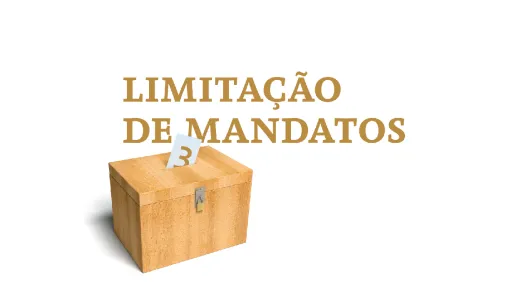
Term limits
The entry into force of Law No. 46/2005, of 29 August 2005, marks the introduction of limits on successive renewals of the terms of office of the presidents of local authority executive bodies, who are now subject to the election limit of three consecutive terms. The advantages and disadvantages of imposing limits on the consecutive number of terms in office have been widely discussed, but there is no consensus on whether, in general and in what contexts, these limits are desirable.
This study by Fundação Francisco Manuel dos Santos analyses the effects of the introduction of limits on the successive renewal of the terms of office of the presidents of local authority executive bodies through Law 46/2005, on the management of municipal finances and on voter turnout in local elections, both at municipal and parish level. More specifically, it addresses the impact of term limits on issues such as:
- local finances
- voter turnout
- the impact that the incentives offered by the possibility of re-election – or otherwise – have on mayors' decisions.
Through this study, FFMS aims to contribute to more informed national debate on the advantages and disadvantages of term limits.







